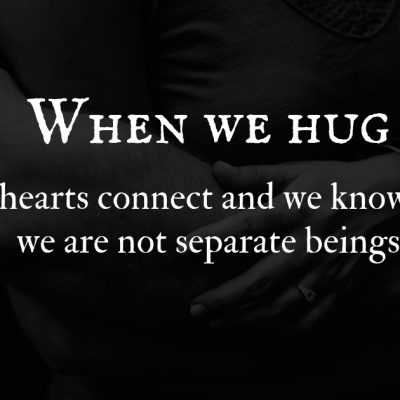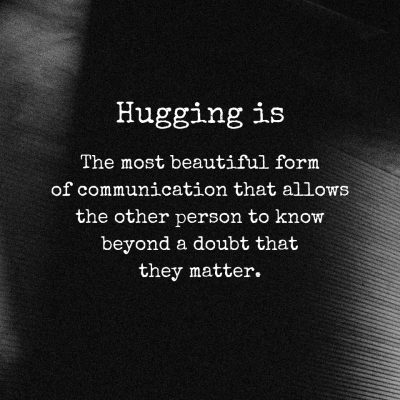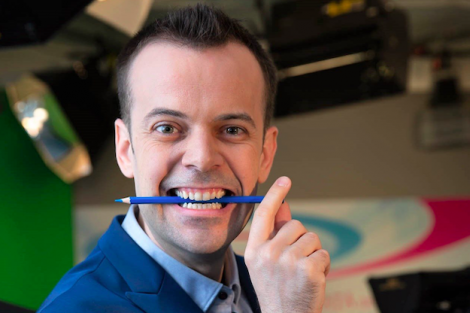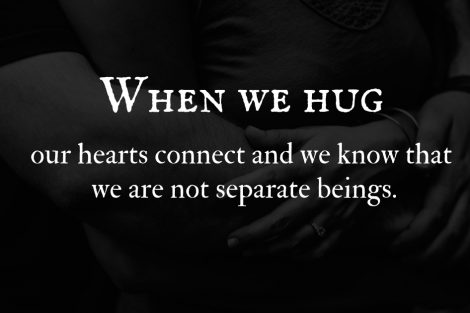The movie about one of the greatest rock bands in the world is now one of the highest grossing music biopics of all time. Though it was not well received by critics, everyone who’s anyone rushed to movie theaters to see the story of Queen and its lead singer, global sensation, Freddie Mercury.

As depicted in “Bohemian Rhapsody”, not only was Freddie Mercury loved by his fans but also by his close friends and family. His life has touched so many other lives and, 27 years after his untimely death, he’s still deeply missed. The powerful singer with an enticing charisma passed away from complications related to AIDS in 1991.
His close friend, Elton John, shared a heartbreaking story about Freddie’s last days in a book called “Love is the Cure: On Life, Loss, and the End of AIDS“. What you’re about to read will probably make you cry for we get reminded of what a good soul Freddie Mercury was.
Even as death was approaching, he was still trying to take care of other people. John points out how selfless the rock star has always been.
“Freddie didn’t announce publicly that he had AIDS until the day before he died in 1991. Although he was flamboyant on-stage – an electric frontman on par with Bowie and Jagger – he was an intensively private man offstage. But Freddie told me he had AIDS soon after he was diagnosed in 1987. I was devastated. I’d seen what the disease had done to so many of my other friends. I knew exactly what it was going to do to Freddie. As did he.
He knew death, agonizing death, was coming. But Freddie was incredibly courageous. He kept up appearances, he kept performing with Queen, and he kept being the funny, outrageous and profoundly generous person he had always been.
As Freddie deteriorated in the late 1980s and early ’90s, it was almost too much to bear. It broke my heart to see this absolute light unto the world ravaged by AIDS. By the end, his body was covered with Kaposi’s sarcoma lesions. He was almost blind. He was too weak to even stand.
By all rights, Freddie should have spent those final days concerned only with his own comfort. But that wasn’t who he was. He truly lived for others.
Freddie had passed on November 24, 1991, and weeks after the funeral, I was still grieving. On Christmas Day, I learned that Freddie had left me one final testament to his selflessness. I was moping about when a friend showed up at my door and handed me something wrapped in a pillowcase. I opened it up, and inside was a painting by one of my favorite artists, the British painter Henry Scott Tuke. And there was a note on the front from Freddie.
Years before, Freddie and I had developed pet names for each other, our drag-queen alter egos. I was Sharon, and he was Melina. Freddie’s note read, “Dear Sharon, I thought you’d like this. Love, Melina. Happy Christmas.”
I was overcome, forty-four years old at the time, crying like a child. Here was this beautiful man, dying from AIDS, and in his final days he had somehow managed to find me a lovely Christmas present. As sad as that moment was, it’s often the one I think about when I remember Freddie, because it captures the character of the man. In death, he reminded me of what made him so special in life.”
Your music will live forever, Freddie. In our hearts, you will always be!










